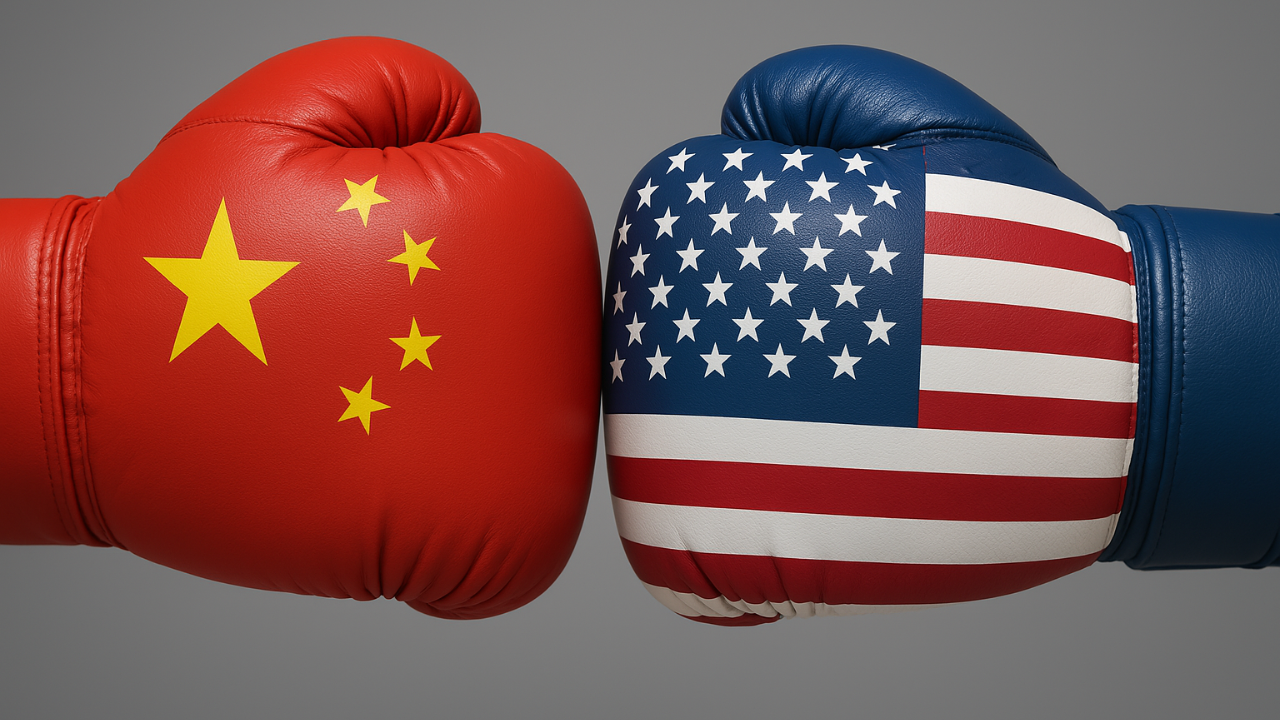How is your retirement planning going? If you’re like nearly half of American families, you have between nothing and $1,000 saved away for retirement. Part of the problem is not knowing where to fit retirement savings into the budget, especially for families living from paycheck to paycheck. The other part is knowing what to do in order to invest that money wisely.
Obviously, the first thing that most people need to deal with, before starting their retirement investment, is getting their budget in line, so that they’ll have money to invest in their retirement. Our free budget planning tool can help with this.
But then comes the big question; should you invest in insurance or equities for your retirement? Basically, all retirement plans fall into one of these two camps. You are either saving your money, through insurance company products or you are buying equities, with the idea that their value will grow. But how to decide which is best for you?
Let me clarify what I’m talking about here, so you’ll have a better understanding. When we’re talking about insurance, there are a number of different products that insurance companies sell, presenting them to their potential customers as part of their retirement savings. These various products include:
- Variable Annuities
- Fixed Annuities
- Fixed Indexed Annuities
- 401k and Pension
- Equity Indexed Universal Life Insurance (EIUL)
For the moment, it doesn’t matter what the difference between these various insurance products are. Just know that if you have one, it is a vehicle to help you save for retirement (arguably the EIUL). They are all sold to the customer (you) with the idea that you make payments into the fund or policy and then when you reach retirement age, the insurance company pays you a certain amount of money each month.
In the equities camp, we actually see a wider group of options, including:
- Stocks
- Mutual funds
- Exchange-traded funds (ETFs)
- Commodities
- Futures
- Derivatives
- 401k and Pension
Generally speaking, we’re talking about the stock market here, with all its various permeations. Unless you are an investment professional or you have a background in finance, chances are that you don’t really understand the complexity of the market. That’s why most people who invest in equities as part of their retirement package invest in mutual funds, trusting in investment professionals to manage their investment and make their money grow.
To compare the two of these general categories, we need to look at the pros and cons of each of them. We’re not going to get into the detail of comparing stocks and bonds with each other, but rather just look at the differences between the two groups (Insurance and Equities).
Advantages of Insurance as a Means of Retirement Savings
While there are always exceptions when we generalize, within the insurance camp (annuities included), you can find the following benefits:
- Tax deferred growth – The growth on your investment is not taxed until it is withdrawn, during retirement
- No deposit limit – The federal government does not limit the amount of money you can invest in life insurance policies and annuity contracts
- Guaranteed minimum – Insurance companies can guarantee you a minimum monthly income
- Guaranteed death benefit – Should you suffer an untimely death, your beneficiaries would receive payment of the face value of the policy to offset funeral expenses and help them with living expenses
- Guaranteed income – You can have a guaranteed a monthly income upon retirement. How much depends on your contract
- No RMD’s past age 70 ½ – Once you reach the age of 70 ½, there is no required minimum distribution
Advantages of Equities as a Means of Retirement Savings
Equities can have the following benefits:
- Low fees – Brokerage fees for equities are lower than the administration fees associated with insurance company contracts
- Tax deferred growth – Any profits you make off of your investment are not taxed (speaking of stocks) until you take that money out of your investment portfolio
- Lower taxes – Profits on equities are taxed as capital gains, which can be less than the tax on earned income.
- No penalties – There are no “early withdrawal” penalties on moneys you take out of your investment portfolio (unless its an ERISA account like an IRA)
- Tax loss harvesting – This is effectively offsetting your gains by selling stocks that dropped in value to mitigate a tax burden
Disadvantages of Insurance as a Means of Retirement Savings
As with everything in life, the positives have to be weighted in contrast to the negatives. Both insurance and equities have their downside, areas in which they do not provide you with the best investment opportunities. The negatives of insurance include:
- Withdrawals are taxed as ordinary income – While most people will be making less money during retirement, hence paying a lower tax rate, this can still end up being higher than the capital gains tax paid on equities
- Early withdrawal penalties – If you withdraw funds to take care of a family emergency, you will pay a 10% penalty, if you are 59 ½ years old or less
- Performance caps – There is a maximum profit you will make off of your investment. Any profits over and above that amount belong to the insurance company
- High annual fees – Insurance companies make their money off of the fees they charge. So not all of your money is invested for your future
- Contingent Deterred Sales Charges (CDSC) – This is to keep you in the contract longer to recoup large commissions that are paid to the person who sold you the product
- Riders – Extra costs added to the policy (some valuable, some not so much), to reduce your profit and increase the company’s.
Disadvantages of Equities as a Means of Retirement Savings
The disadvantages of equities, as compared to insurance, are almost exact opposites, showing the biggest difference between the two camps:
- No growth guarantees – Your investment dollars are all at risk. You could make a killing or lose it all
- No death benefits – Equities are not insurance, so there is no “face value” of the policy. Should you die, your beneficiaries would inherit whatever you investments are currently valued
- No guaranteed income – Your retirement income will be totally dependent on how well your investments grow. You could do better than insurance or worse
- Potential for annual tax – Depending on how you manage your investment portfolio, there is a chance that you will need to pay taxes on your gains for each year, rather than waiting until you withdraw the money at retirement
- Deposit limits – There are limits on how much you can contribute to your retirement fund and still have the gains tax deferred.
So What Should You Do?
In many ways, we can say that the advantages and disadvantages of insurance and equities are polar opposites. Insurance is a much safer investment option, with guaranteed retirement income. But there is generally less opportunity growth. Equities, on the other hand, provide a much greater opportunity for your investments to grow, with a lower overhead cost, but at a much higher risk.
Each individual needs to decide for themselves what will work best for them. Some of us are by nature more cautious with our money and less likely to take risks. For those people, insurance provides security. Others, who are willing to take a risk, for the potential of higher gain, would lean more towards the equity camp.
However, none of us should put all of our investment eggs in one basket. Any sound investment plan requires diversity. In this case, some of your retirement savings should go into insurance, providing you with a stable, secure income, while the rest should go into equities, providing you with a greater profit potential. By splitting your investment dollars in this manner, you provide yourself with a combination of security and the potential for higher retirement income. The combination possibilities are near limitless and can have a huge impact on the final impact of the outcome in retirement (but that’s another post).
The other thing that splitting your investment dollar does is limit your losses. Even if you were to lose everything you invested in equities, you would still have the insurance and the income from that. While that might not be as much as it would have been had you only done the insurance, you have to remember that there is also as much potential to gain off of that investment, as there is to lose.
With the greater potential for earnings that the equities provide, a measure of risk is justifiable. You can mitigate that risk to some extent, by carefully selecting equities which provide some stability and slow growth. For retirement savings, slow growth over the long term is better than fast growth, without security.
Where do you have your money now? Is it at risk or is it safe? Is it providing enough growth to meet your retirement needs? How are you maximizing your potential profits, while still retaining some degree of security? Give us your feedback!
All the best,

p.s. If you don’t know where to start the journey to financial independence, book a FREE strategy session today or register for our free webinar.
One last thing… If you like this article, please share it so other people can read and enjoy it!
No one knows your money like “U”!








